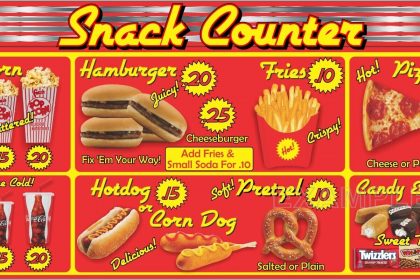Not all holiday movies stand the test of time. Whether due to dated humor, slower storytelling, or cultural themes that no longer resonate, some classics from decades past may not appeal to modern audiences. Still, these films hold a special place in the hearts of those who grew up with them. Here’s a look at 15 beloved holiday movies from the past that don’t quite hold up today.
1. White Christmas (1954)
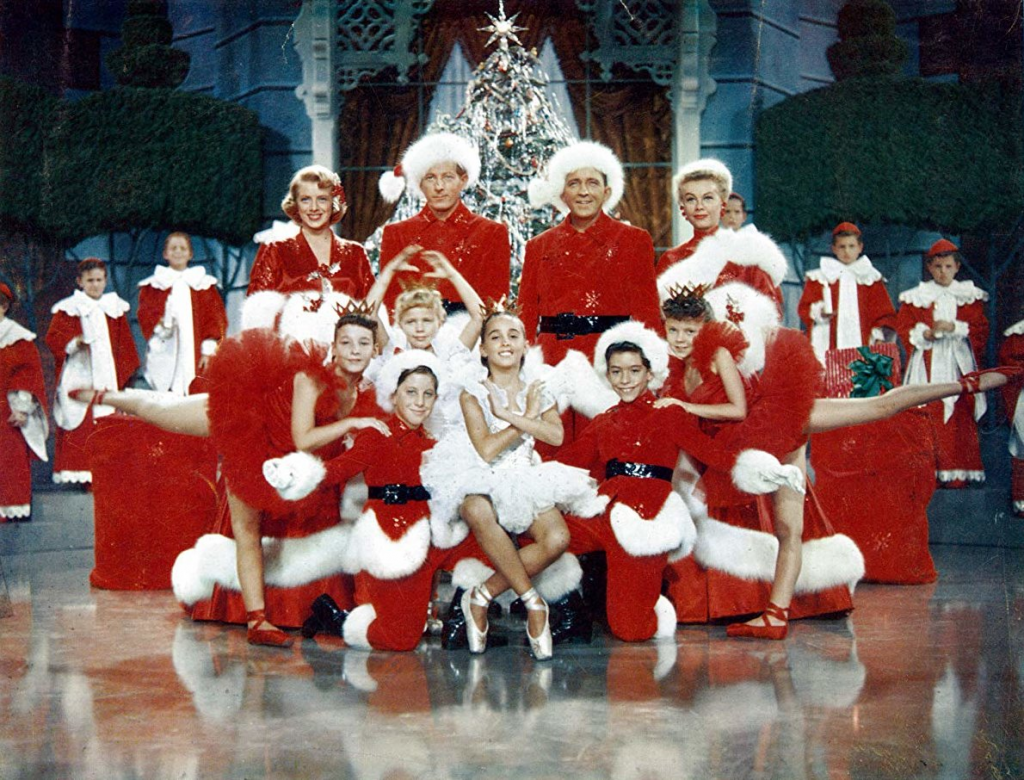
Known for its catchy musical numbers and festive spirit, White Christmas is a holiday favorite. However, its portrayal of traditional gender roles feels outdated by today’s standards. While it’s undeniably charming, some themes feel like a relic of another era.
2. Holiday Inn (1942)
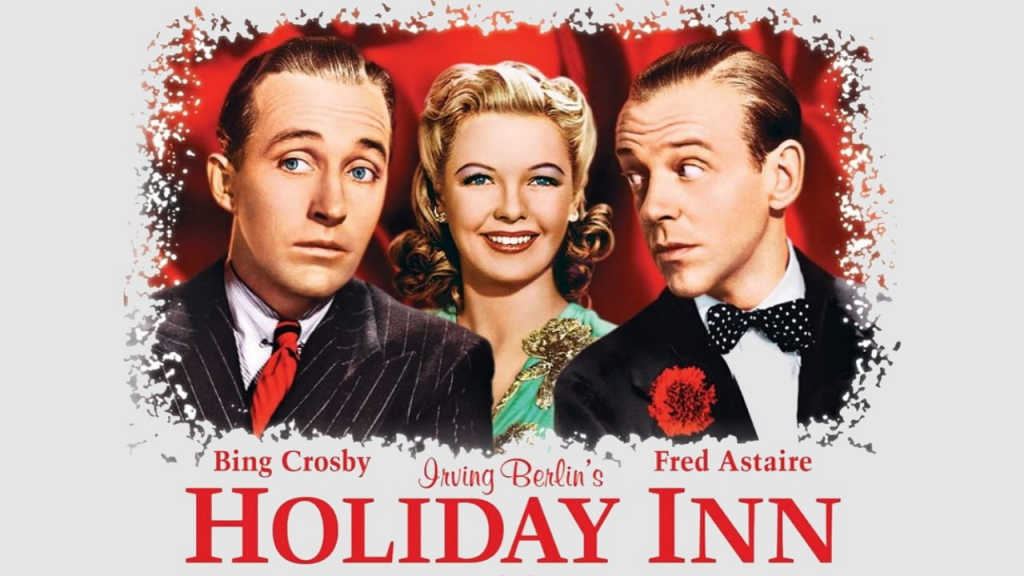
While Holiday Inn introduced the timeless song “White Christmas,” the film’s portrayal of race, including offensive depictions of African Americans, makes it a difficult watch today despite its otherwise festive atmosphere.
3. It’s a Wonderful Life (1946)
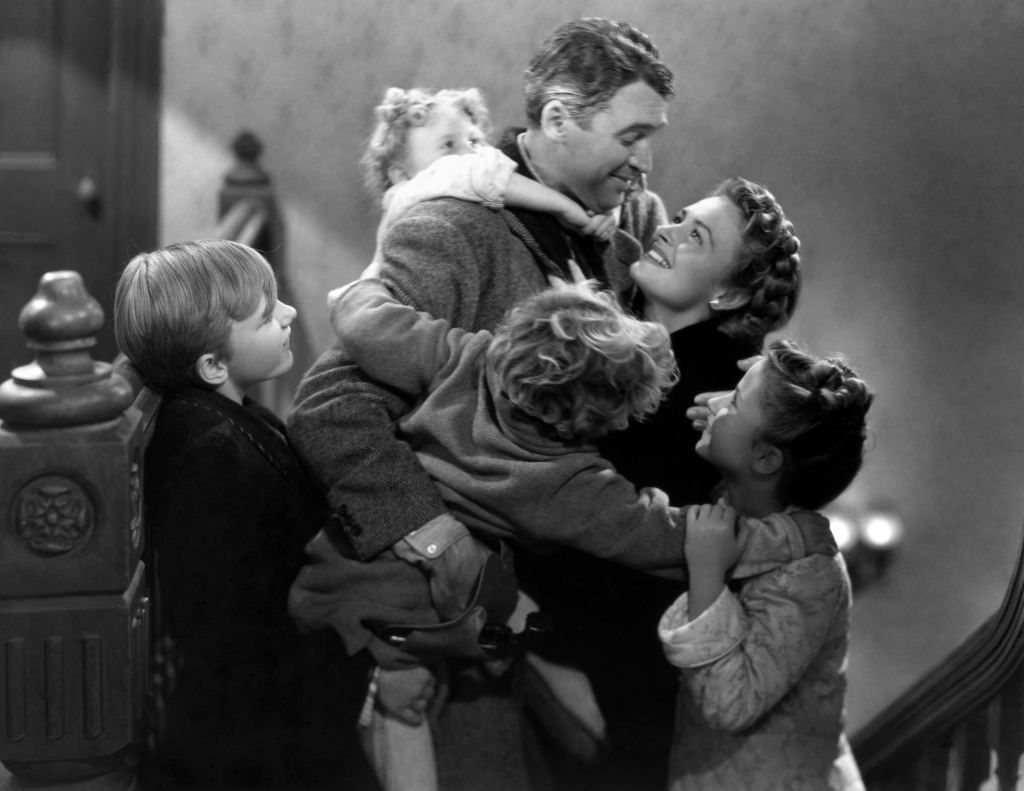
This sentimental holiday staple remains a classic, but its portrayal of post-war values and societal expectations may feel antiquated to younger generations. While its message of hope endures, the pacing and themes might not resonate with today’s audience.
4. A Charlie Brown Christmas (1965)
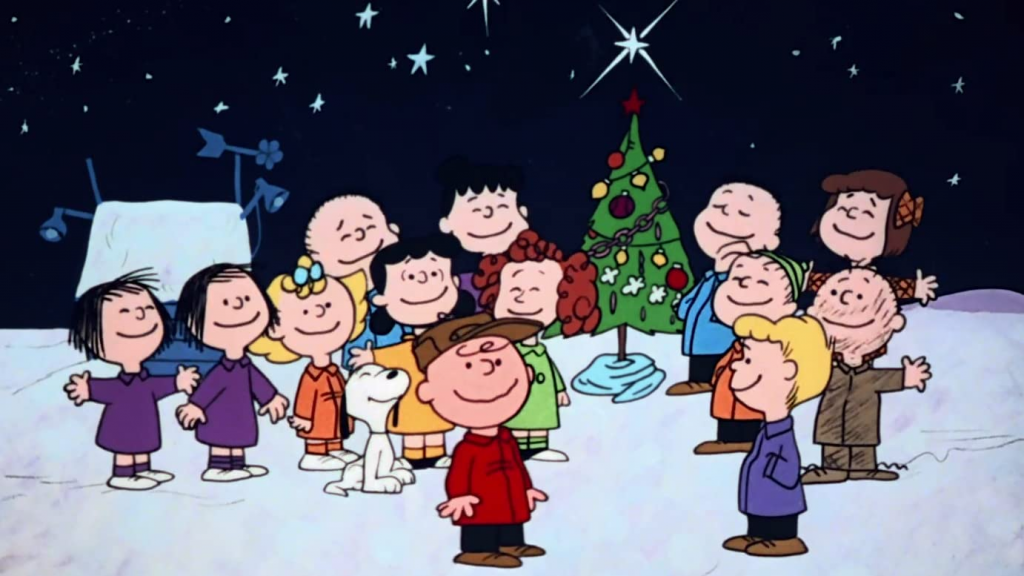
Beloved for its simplicity and heart, this animated special has a slower, reflective pace compared to modern fast-paced cartoons. While nostalgic for many, younger viewers might find it less engaging.
5. The Best Christmas Pageant Ever (1983)

This quirky holiday film entertained audiences in the ’80s with its misfit kids and heartwarming message. However, today’s viewers may find its portrayal of the children overly simplistic and lacking nuance.
6. Rudolph the Red-Nosed Reindeer (1964)
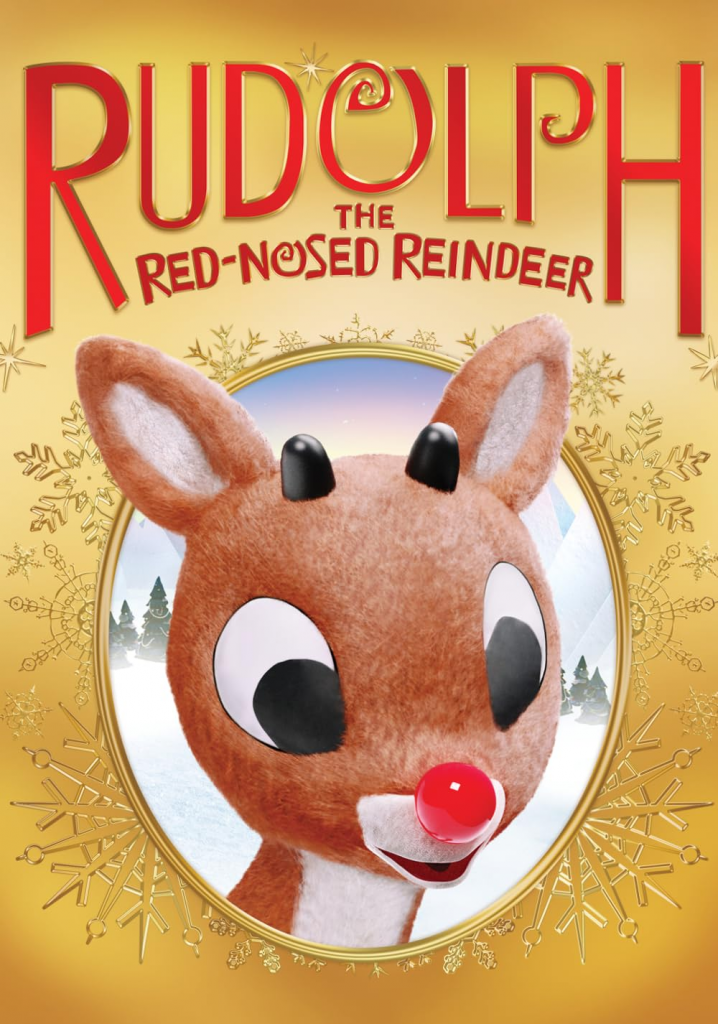
This stop-motion classic tackles themes of bullying and acceptance but does so in a way that some modern audiences might find too harsh for younger viewers. Its animation, though iconic, feels dated by today’s standards.
7. Frosty the Snowman (1969)
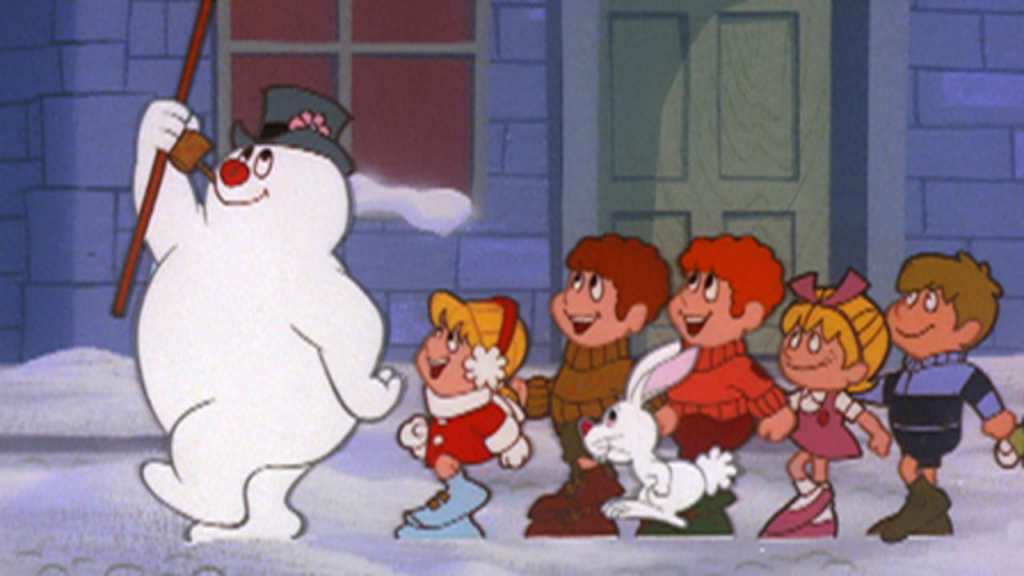
While Frosty the Snowman holds a nostalgic charm, its basic animation and slower storytelling don’t compete with the high-energy visuals and complex plots kids are accustomed to today.
8. Miracle on 34th Street (1947)
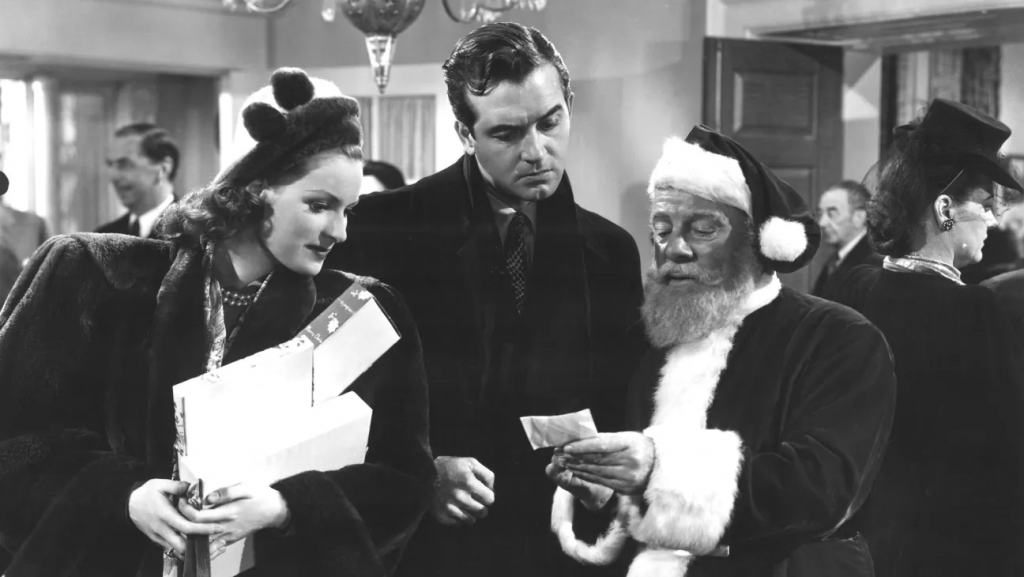
A black-and-white classic, Miracle on 34th Street celebrates belief in Santa Claus and the magic of Christmas. However, its traditional values and slower pace may feel less relevant to a more secular and fast-paced modern audience.
9. The Little Drummer Boy (1968)

Another stop-motion favorite, The Little Drummer Boy has a touching message but moves at a pace that feels too slow for today’s viewers. Its animation style also shows its age.
10. Babes in Toyland (1961)

A whimsical mix of live-action and animation, Babes in Toyland was enchanting in its time. Modern audiences, however, might find the production clunky compared to today’s polished visuals.
11. The Polar Express (2004)
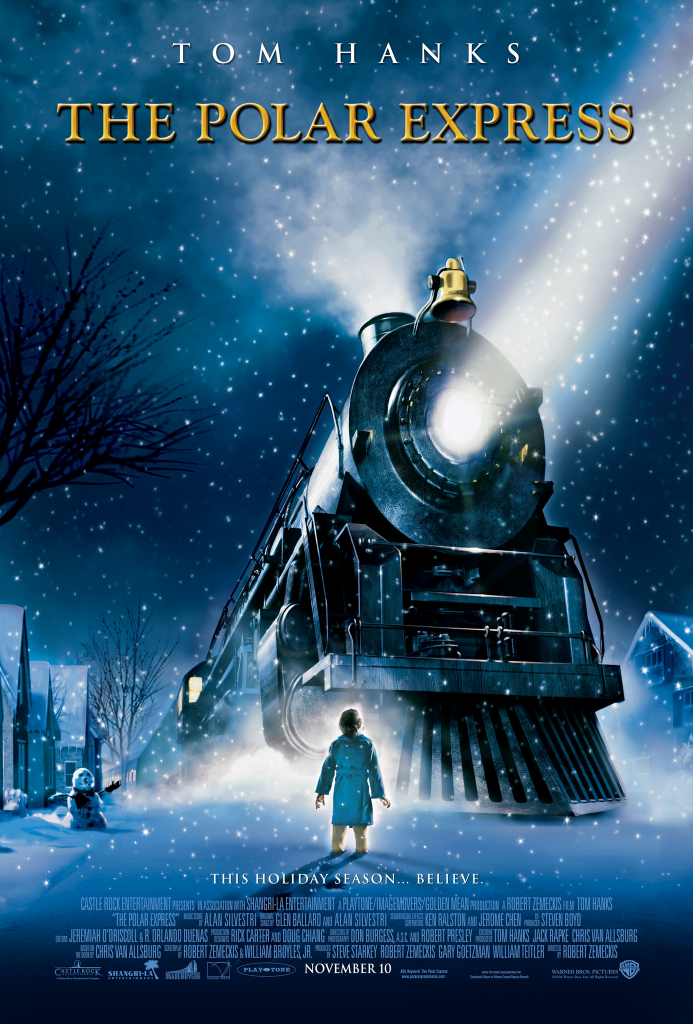
Praised for its groundbreaking animation at the time, The Polar Express now faces criticism for its “uncanny valley” character designs. While the story remains heartwarming, the animation feels stiff compared to today’s standards.
12. Scrooged (1988)
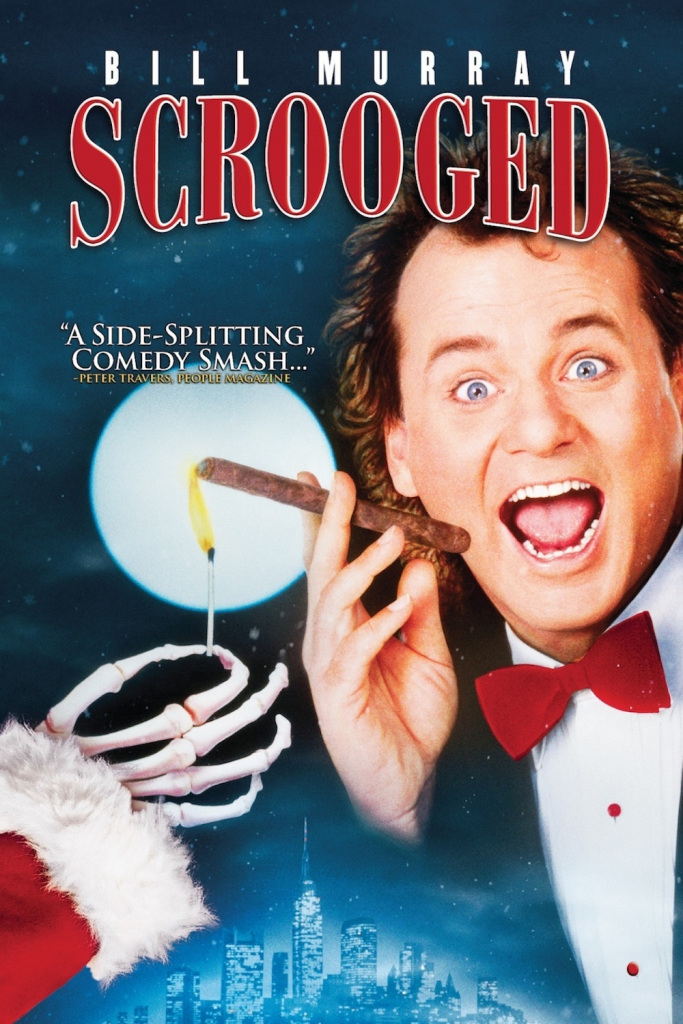
This modern retelling of A Christmas Carol starring Bill Murray blends humor and heart, but its dated references and slapstick humor might not land as well with younger viewers.
13. Love Actually (2003)
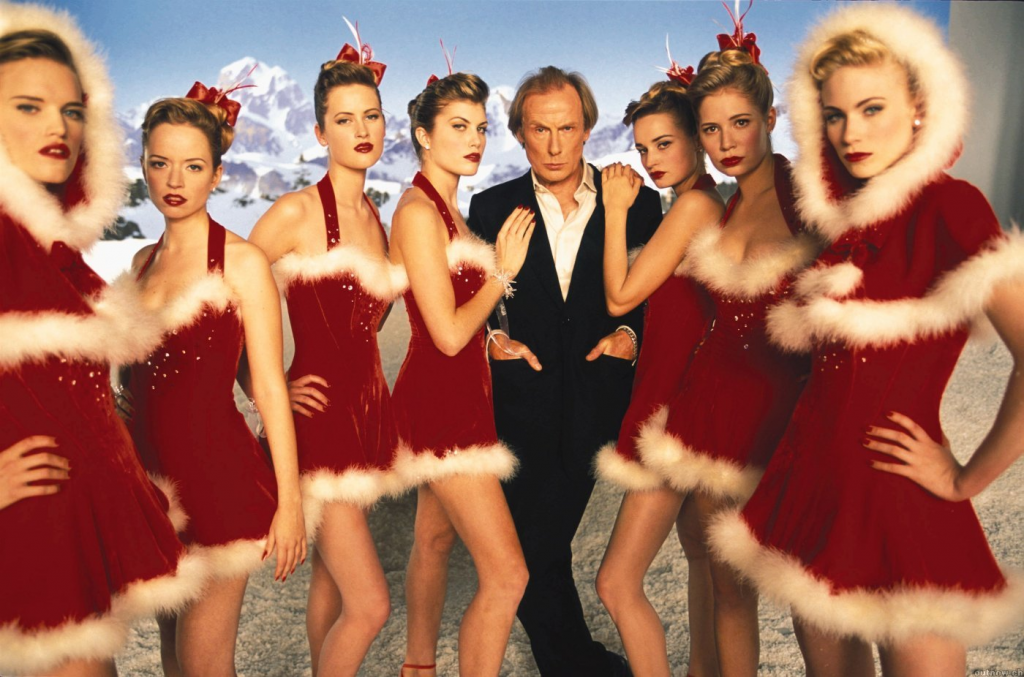
Though widely adored, Love Actually has faced modern criticism for its problematic portrayals of relationships and outdated gender dynamics. Some of its romantic gestures feel less endearing by today’s standards.
14. A Christmas Story (1983)
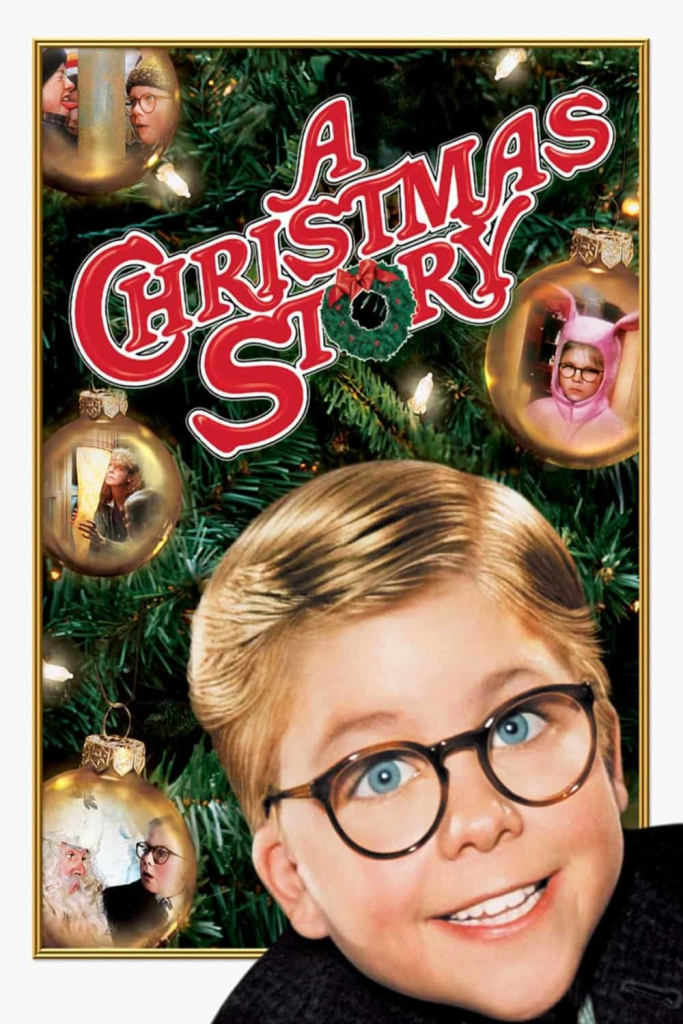
This quirky tale of childhood in post-WWII America remains iconic but includes moments that modern audiences might find problematic. Its humor and depiction of family dynamics feel firmly rooted in the past.
15. Christmas Vacation (1989)
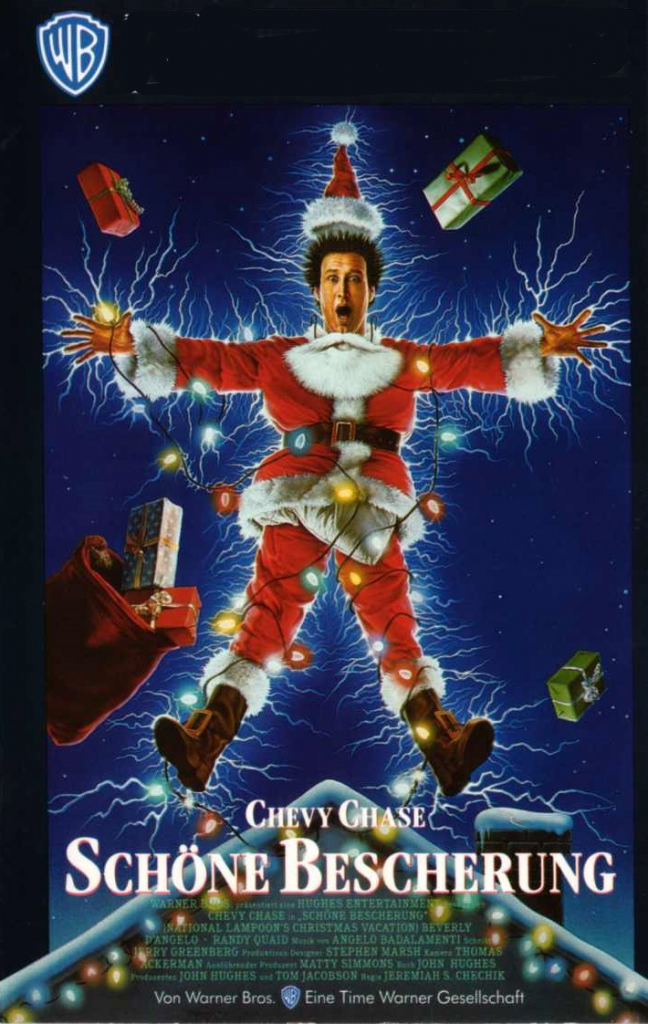
National Lampoon’s Christmas Vacation is a time capsule of ’80s humor, complete with slapstick comedy and outdated gender roles. While it remains a holiday favorite for many, its humor might not resonate with newer generations.
Which of these holiday classics do you still hold dear, and which would you leave in the past?


